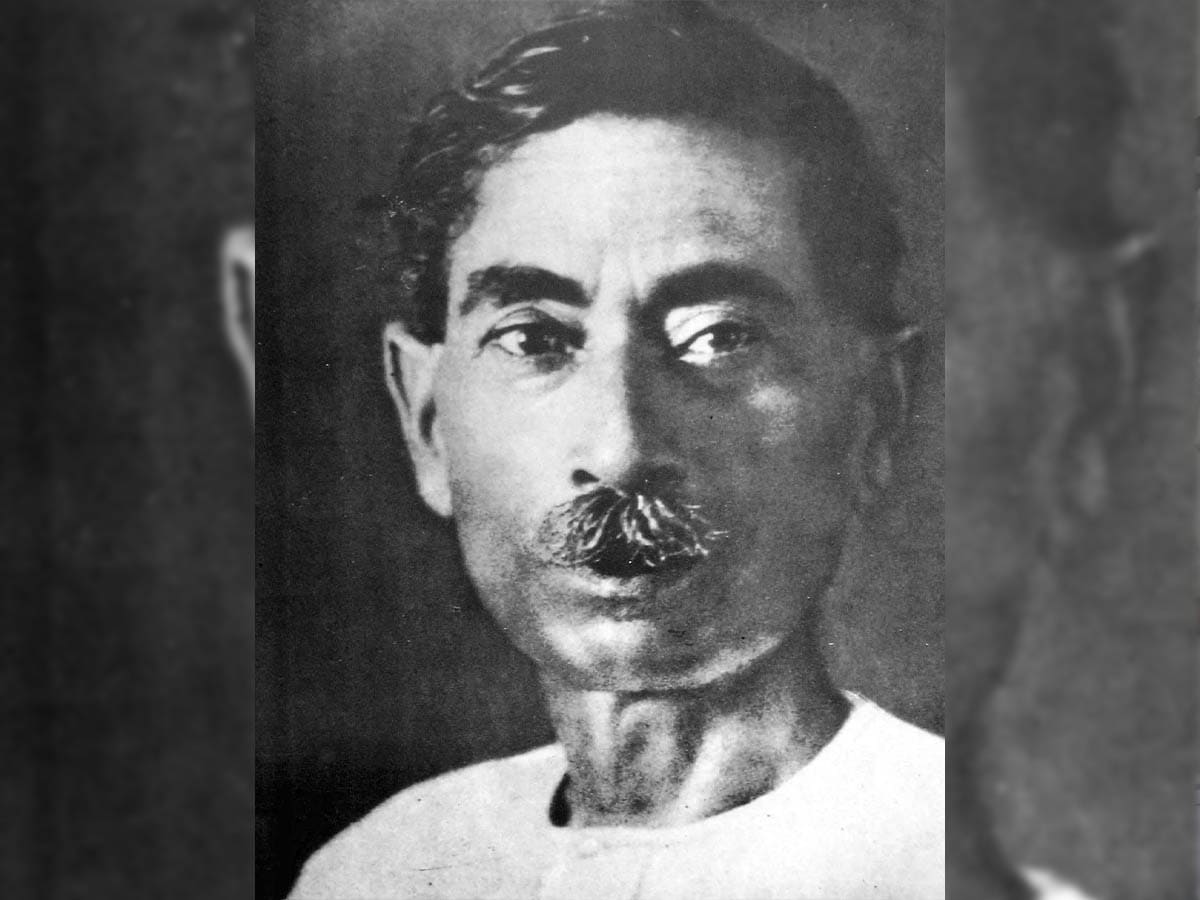
Dhanpat Rai Shrivastava, better known by his pen name Munshi Premchand, was one of the most famous writers of the pre-independence period. His stories had a strong emotional quality about them and he was able to capture the struggles of human life in a very realistic manner. He wrote in Hindi and Urdu and authored more than a dozen novels and about 300 short stories.
One of his stories, written in 1938, is titled Idgah (place where Eid prayers are offered). It is a beautiful story about a small boy named Hamid who lives with his grandmother Ameena. The boy’s parents have passed away and that is the reason why he is living with his grandmother. However the old lady is very poor and lives a hand to mouth existence in a small town.
The story begins on the day of Eid. The little children of the town, including the friends of Hamid, are very excited because they have eagerly anticipated it for many days. The grandmother has not told the little boy that his parents will never come back. So as not to make him sad, she has told him that his parents have gone to another town and will return one day. The boy continues to live in the hope that one day they will return and live with him.
Always cheerful and confident
Thus Hamid is always in a cheerful and confident mood. On the morning of Eid his grandmother gives him three rupees and says that it is all she can afford. “Go and buy yourself whatever sweet you want,” she tells him. So he sets out along with his friends for the centre of town where the shops and the Idgah is located.
But he is also aware that the three rupees that he is clutching in his hands will not fetch him much. His friends have more money than him. Their dresses are new and clean while his clothes are old and shabby. Nevertheless, he is cheerful because that is his nature.
The other boys spend their pocket money on rides, candies, and beautiful clay toys. Then they tease Hamid because he cannot afford any of these things. Undaunted he fights back by saying that these are worthless things that they are buying. Such things will give only momentary pleasure and then vanish. The toys will get lost or broken.
The right decision
When the children are passing by a hardware shop Hamid notices a pair of iron tongs (chimtah) on display. He remembers suddenly that every day his weak and old grandmother has to lift the rotis out of the tawa with her fingers which often get burned.
The sight of the tongs gives him an idea. He asks the shopkeeper how much they cost. There is a brief amount of haggling before the shopkeeper agrees to sell the tongs to Hamid for three rupees. Seeing Hamid with his Eid purchase, the boys begin teasing Hamid even more.
But still Hamid is steadfast and feels that he has made the right decision. So he returns home with the tongs and hands over the item to his grandmother. With the meagre amount he had in his hands, the little boy decided to buy a useful gift for his grandmother but nothing for himself.
Gem of a grandson
At that moment the old lady realises that while Allah has taken away her son and daughter-in-law, at the same time the Almighty has given her a gem of a grandson. She bursts into tears and blesses the little boy profusely.
It is a touching story told in a very plain and simple manner that is the hallmark of all Munshi Premchand’s stories. The story has been used in many school text books and its adaptations have appeared in several plays and short films. One short film named “5 Rupaiya” starred Shabana Azmi.
Aisi Te Karave Eid was a Kashmiri adaptation of the story by Shehjar Children’s Theatre group in 2008. There was also a Kathak dance performance by the Rashtriya Kathak Sansthan in Lucknow. So the story continues to resonate among readers and viewers in different parts of India even now.



